Early learning
Our early learning activities are based on nature connection and wellbeing, inspired by our values at CERES: “helping people fall in love with the Earth, again.”
Our early learning activities are based on nature connection and wellbeing, inspired by our values at CERES: “helping people fall in love with the Earth, again.”
Inspire young minds and create the environmental leaders of tomorrow.
CERES is a public park that is free to visit. Enjoy the green spaces, the community, and our enterprises.
Inspire young minds and create the environmental leaders of tomorrow.
CERES is a public park that is free to visit. Enjoy the green spaces, the community, and our enterprises.
Keep learning at CERES. Spend a day learning a new skill in a workshop or take a multi-week course or wellbeing program that might just change the direction of your life.
The CERES School of Nature and Climate Resource Hub is packed with resources to support your learning.
Learn permaculture design and create thriving landscapes, households and communities. 100+ hours of learning and hands-on design experience.
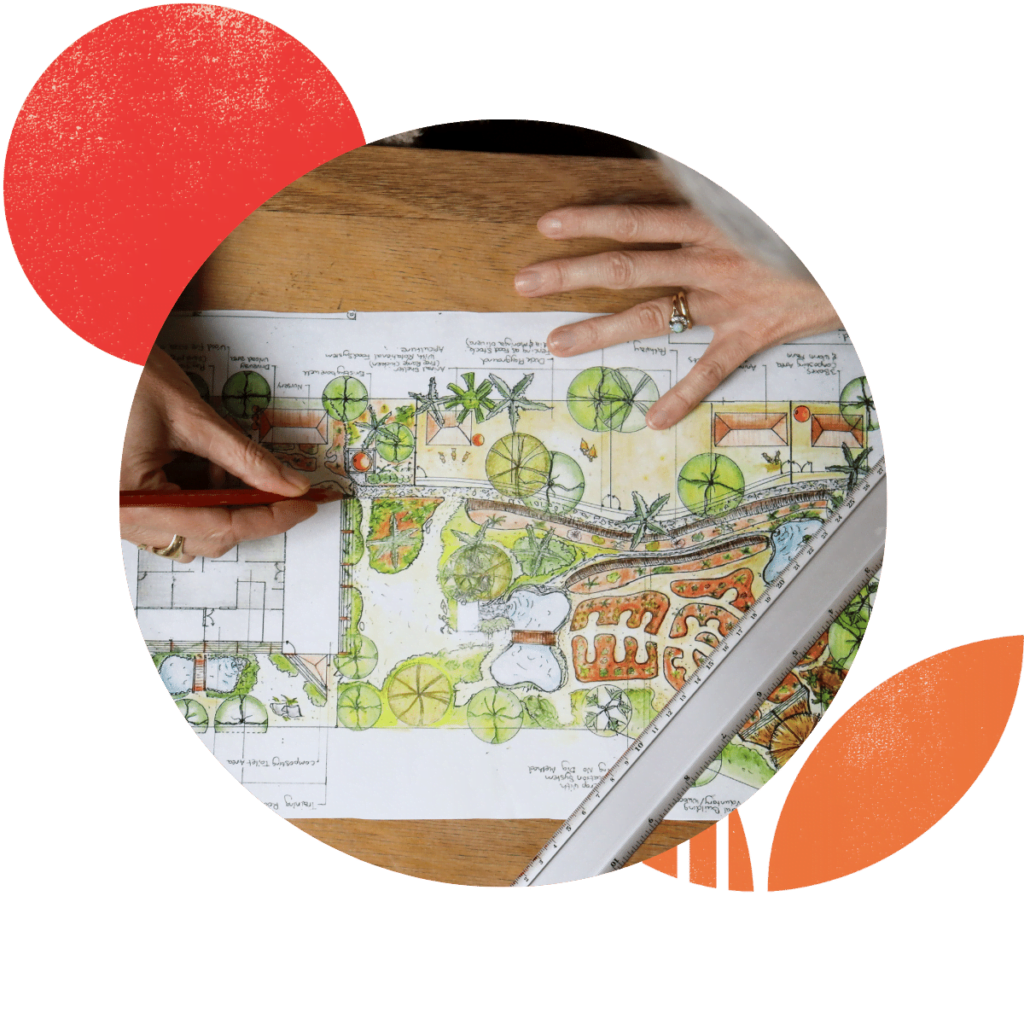
Learn from a team of expert mentors to live a comfortable, abundant life within the limits of our planet.
Express interest in our 2025 PDC course to be notified when it is announced.
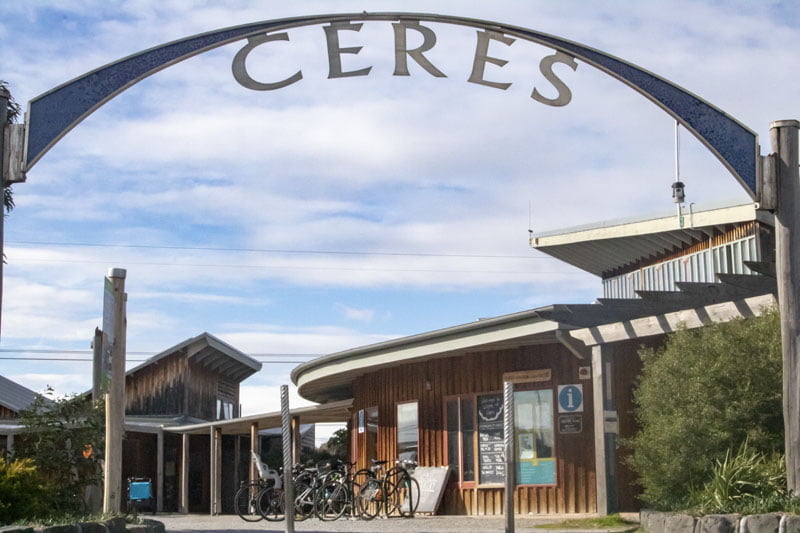
Attend class at CERES famous permaculture park in Brunswick.

Visit diverse permaculture sites in Melbourne and regional Victoria on immersive weekend trips.

A trusty toolkit and process that you can use to work with nature (rather than against it) in any context.
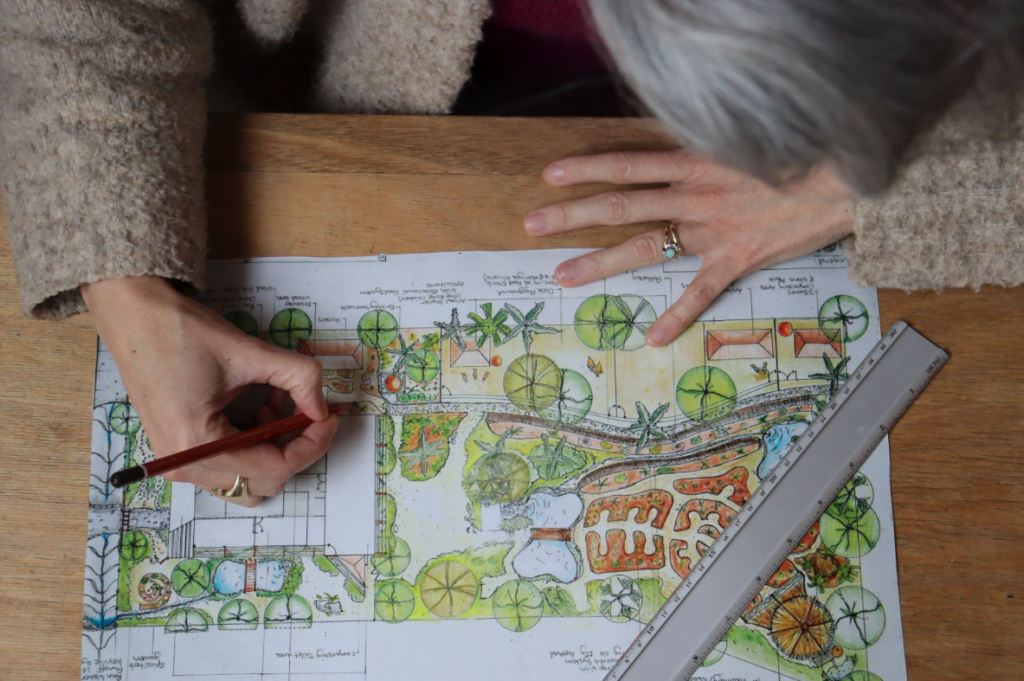
Hands-on permaculture design experience, working with a real-life client.
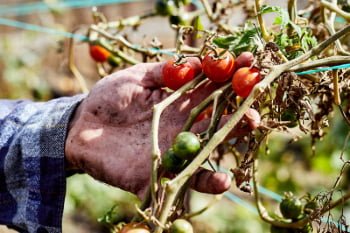
Get growing and eating, no matter how small your space is.

Design energy-efficient and disaster resilient homes that are a pleasure to live in.

Explore strategies to build bonds and cohesion in your local community.

Meet a whole bunch of new pals who share your values.
Please note: A PDC is not intended to be a gardening course.
For those keen to get more dirt under their nails, we recommend the Complete Urban Farmer course or our range of gardening workshops & courses.
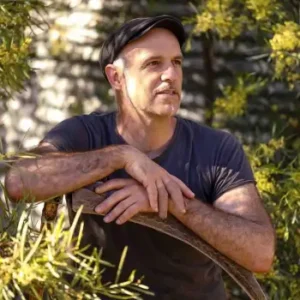
Joel Meadows is an educator, designer, builder, illustrator, sculptor, grower and musician. Joel runs The Green Hand Institute offering permaculture education and developing technologies that make living sustainably more achievable: think rocket stoves, innovative beehives, human-powered transport, biochar makers and more. He has illustrated two books: David Holmgren’s ‘Principles’ and ‘The Rocket Powered Oven’ with Tim Barker.
Joel lives with his family on the fringe of Castlemaine in their owner designed and built passive solar straw bale home(which we are lucky enough to visit in the course).

Kat Lavers is a small space food gardening specialist with a background in permaculture design, teaching and facilitation. She has a breadth of training experience working with residents and local government as well as refugee communities, aid agency staff and even Mongolian nomadic herders.
Her award-winning house and garden, ‘The Plummery’[Link to Happn film], is a 1/14th acre urban permaculture system that produces almost all the vegies, herbs, fruit and eggs consumed, recycling all organic waste on site and harvesting the majority of power and water used by the household.
When she’s not teaching permaculture and organic gardening, Kat designs community gardens and urban agriculture projects with local councils and communities.
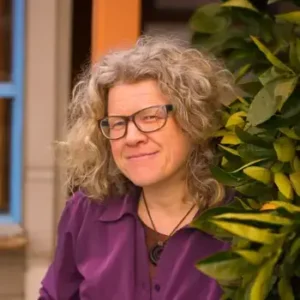
Beck Lowe is an experienced educator and designer with over 15 years of experience working in inner city, suburban and rural areas. She is particularly interested in household resilience and community building.
Becke worked in partnership with David Holmgren on the book RetroSuburbia – an exploration of how suburban life has changed over time, and a positive vision of where it may go(with a specific look at Melbourne).

Taj Scicluna is a permaculture educator and designer who aims to inspire and educate people to live more nourishing and sustainable lifestyles. She runs Botanical Education, a business which fuses her love for herbalism, foraging, writing, cooking, ecosystem health and personal health.
An engaging and passionate educator, you’ll find Taj leading many classes here at CERES. Taj enjoys supporting people to bridge the gap between themselves and ‘nature’ and to remember their place in it.
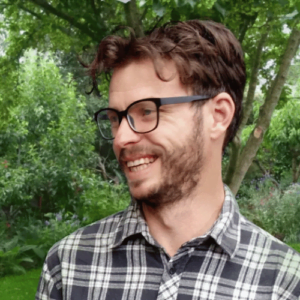
Adam Grubb is the co-founder with late great Dan Palmer of the Permablitz volunteer backyard makeover network and the business Very Edible Gardens, where he continues to design and build permaculture inspired gardens.
He’s a Triple R alumni as host of Greening the Apocalypse and is the co-author with Annie Raser-Rowland of The Weed Forager’s Handbook and The Art of Frugal Hedonism and the kids’ book Let’s Eat Weeds.
A CERES PDC packs in 100+ hours of learning and design experience.
We opt for an extended format spread over many weeks to give all that new knowledge time to sink in. Spread across approx 4 months, you’ll have midweek and weekend sessions at CERES in Brunswick East plus visits to inspiring permaculture sites in urban and rural Victoria.
x16 Wednesday Nights (6:30 – 9:30pm)
We’ll meet at CERES permaculture park for classroom-based learning.
x7 Sat or Sun Sessions (9:30am – 4:30pm)
See you at CERES for design exercises that puts what you’re learning into action.
X2 Weekend Field Trips (Saturday & Sunday)
We’ll get out there and see permaculture systems in different contexts:
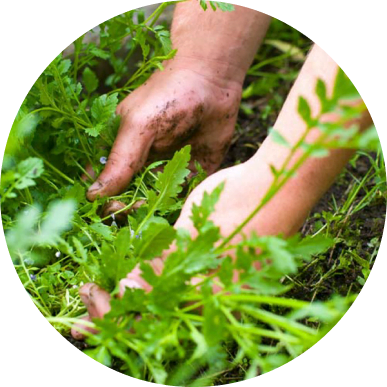
CERES is an example of permaculture design on an incredible scale. 40 years ago the 10-acre site was a rubbish tip amongst factories with nothing but rusty cars in the soil. Today it is home to urban farms, a biodiverse wetland, social enterprises practicing permaculture principles and so much more. David Holmgren, the cofounder of permaculture, was one of its earliest designers.
It is unique for a permaculture demonstration site in that no one person or group ‘owns’ CERES; it continues to be community-run and not-for-profit to this day.
You can only be certified once you have:
The PDC Facilitators will use discretion to make the final decision.
We know life happens. If you need to catch up on critical sessions, you are welcome to sit-in on future classes to catch up.
Yes, all CERES Workshops and courses have a payment plan option, allowing you to pay over time. Contact adultlearning@ceres.org.au to book your place on a payment plan.
Refunds are available up to a week prior to the start of the PDC, but a 10% administration fee will be retained. See the full refund policy here
People are drawn to do a PDC for many reasons, and how they apply their learnings are just as varied. CERES Alumni have gone on to become permaculture designers, educators, farmers, or continued in their current line of work but imbued permaculture into it. You can read some alumni stories below.
People are drawn to do a PDC for many reasons, and how they apply their learnings are just as varied. See how CERES grads apply permaculture in their own lives since graduating.
We’re collecting stories for this now! If you’re an alum doing something awesome – get in touch.
By signing up to receive emails you will be the first to hear when our next PDC is announced. If you had further questions about our current PDC, please email adultlearning@ceres.org.au